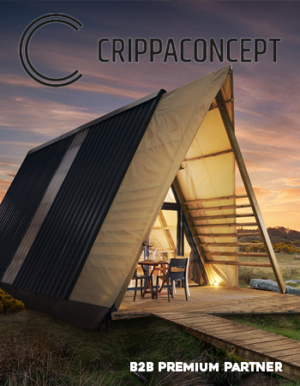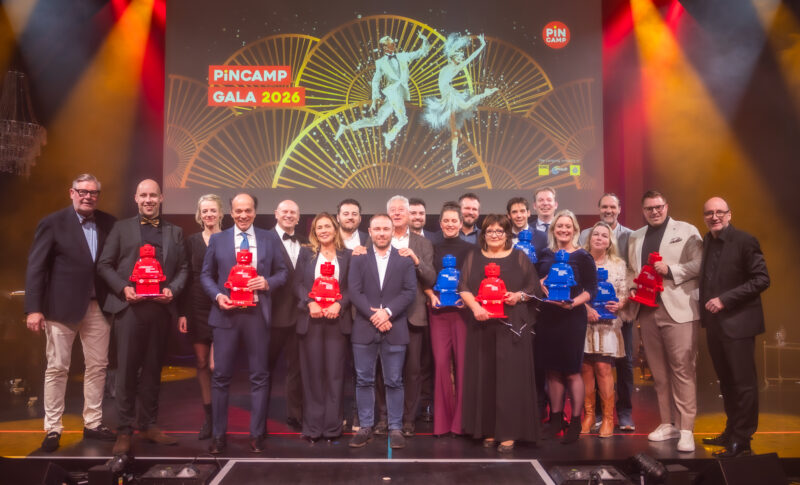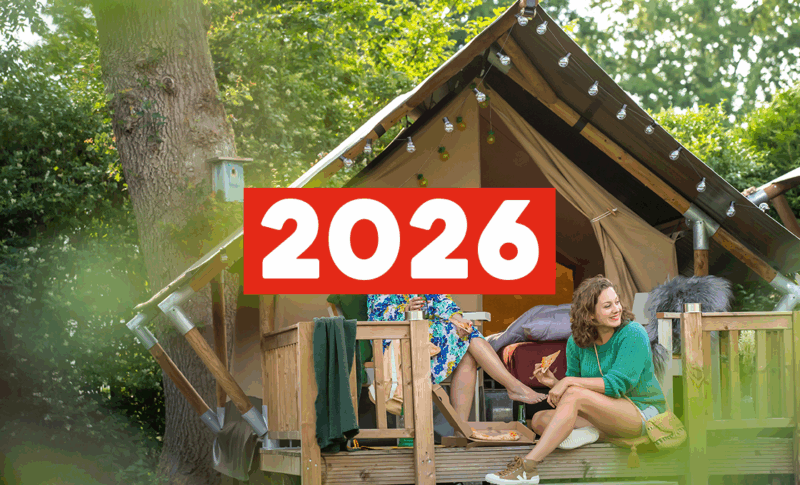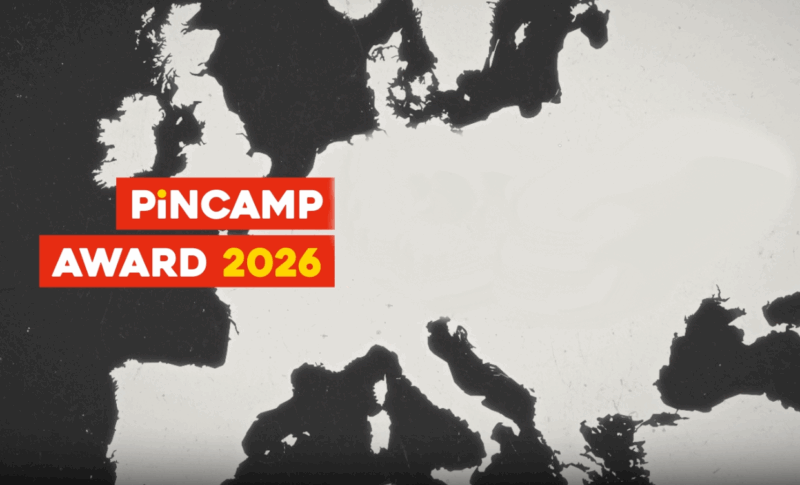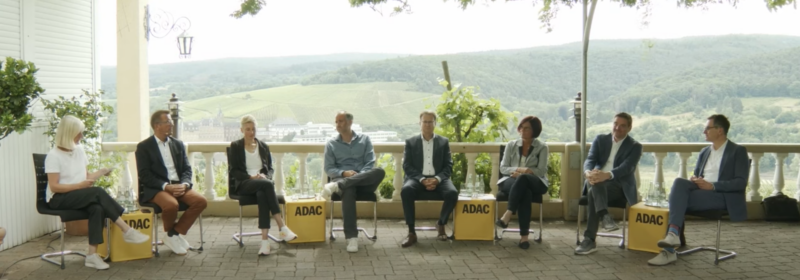
How can tourism and camping position themselves in times of crisis? To discuss this, the ADAC Mittelrhein invited experts from politics and business. The ADAC Talk, moderated by freelance journalist Katrin Wolf, took place as part of the nationwide ADAC Camping Days on 22 June 2022 in Bad Neuenahr-Ahrweiler.
Rebuilding after disasters – but also creating innovations
In July 2021, a terrible flood disaster devastated large parts of the Ahr valley as well as other river valleys in south-western and western Germany. At least 133 people lost their lives on the Ahr alone. At the beginning of the ADAC Talk, the flood disaster was discussed. Dr. Achim Schloemer, board member at ADAC Mittelrhein, and Christian Lindner, chairman of Ahrtal Tourismus Bad Neuenahr-Ahrweiler e.V., praised the intensive, solidarity-based help provided, for example, by the numerous volunteers and the support of six ADAC helicopters and numerous roadside assistance teams. The tourism experts called on guests to visit the Ahr valley again, to enjoy it and to treat those affected with the necessary sensitivity. Many businesses had not been destroyed or had already been rebuilt. They urgently need bookings to be able to continue their operations after the long lockdown and the flood.
Some campsites at the Ahr have also reopened
Lindner as well as Petra Dick-Walther, State Secretary for Economy, Transport, Agriculture and Wine in Rhineland-Palatinate and Gereon Haumann, Rhineland-Palatinate DEHOGA President emphasised the intensive state reconstruction aid. The experts recommended not to forget innovations, despite all the understanding for the desired and economically necessary rapid reconstruction. Hausmann also described the flood as an opportunity to position the Ahr valley for the future of tourism even better than before. His vision is, for example, an Ahr valley that is largely free of cars with combustion engines – following the successful example of Saas Fee or Juist.
Guests and businesses react more flexibly and resiliently to multiple crises
Trend and futurologist Anja Kirig emphasised that, in addition to war, climate change and floods, changes in the world of work and life are also influencing travel behaviour. Because of the many crises and upheavals, many holidaymakers would make sure to increase their sensitivity for the future. Aquilin Schömig, Managing Director of ADAC Reisevertrieb GmbH, sees the industry as a whole in a good position: The travel industry is active worldwide and therefore unfortunately has to deal permanently with small or large crises.
Megatrends Individuality, Flexibility and Security
Trend expert Kirig described that many tourists want to travel more and more individually. This is in conflict with the increasing need for security. Another megatrend is the desire of many holidaymakers to experience something truly authentic, to connect personally with the country or its people. Dirk Fohr, managing partner of the caravan and motorhome dealer Niesmann Caravaning, added that camping as a self-determined, individual form of travel is in vogue.
In Dirk Fock’s experience, the target group for camping today is “incredibly colourful”.
Campers come from almost all income levels and age groups. Some, for example, would book a simple gravel site for their motorhome in order to then go on a high-quality cycling tour. According to Fock, modern campers want to be flexible. They want to be able to react quickly not only to the weather, but also to other challenges or crises. Trend researcher Kirig praised the fact that the camping industry can meet very diverse customer needs with its differentiated offers, even including holiday flats on campsites. Travel sales expert Schömig added that PiNCAMP would work up this diversity well.
Against the shortage of skilled workers – not only the guest is king, but also the staff
Another major challenge is the lack of skilled staff. In the wake of the Corona pandemic, the regional tourism and hospitality industry would have lost about a quarter of its skilled workers to other industries. Attracting and retaining skilled workers is the biggest challenge, Hausmann said. A first step would be a strong increase in the wage level by 30 % and more, especially for apprentices and young professionals. In addition, the DEHOGA expert believes it is important to value employees more. The employees would then also pass this on to the guests. An industry that is committed to the well-being of its guests must be just as committed to making its employees feel good.
Climate change promotes the desire for sustainable travel
There was broad agreement among the experts that sustainability is becoming more important for the travel industry. Tourism is part of the problem, but also part of the solution, they said. Dirk Fock sees the motorhome industry as being a few years behind the automotive industry. Camping vehicles powered by electricity or hydrogen are necessary.
The ADAC accompanies, advises and informs
Finally, Dr. Achim Schloemer from the ADAC Mittelrhein emphasised the responsibility of the ADAC to offer discussion forums like this ADAC Talk. The ADAC is committed to the common good and is already a reflection of society through its membership. With the ADAC Camping Days, the ADAC wants to sensitise and inform people nationwide about the camping industry. The spectrum ranges from advice, for example on loading camping vehicles and driving safety, to exciting campsite offers presented at PiNCAMP.
You can watch the entire discussion with many other aspects here on the YouTube channel of ADAC Mittelrhein.
